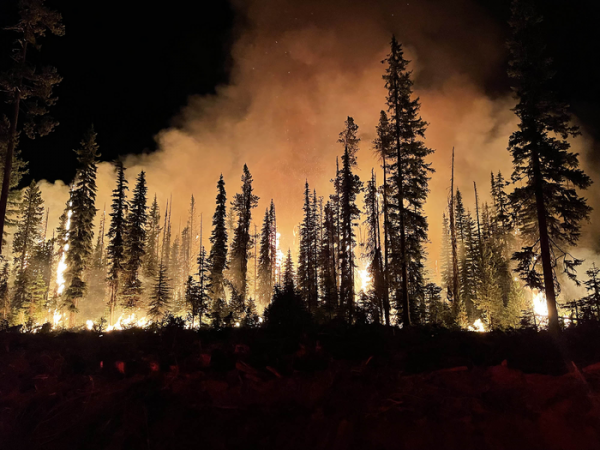Forests are engaged in a delicate, deadly dance with climate change, hosting abundant biodiversity and sucking carbon dioxide out of the air with billions of leafy straws. They can be a part of the climate solution as long as global warming, with its droughts, wildfires and ecosystem shifts, doesn’t kill them first.
In a study published in Science, William Anderegg, the inaugural director of the University of Utah’s Wilkes Center for Climate Science and Policy, and colleagues quantify the risk to forests from climate change along three dimensions: carbon storage, biodiversity and forest loss from disturbance, such as fire or drought. The results show forests in some regions experiencing clear and consistent risks. In other regions, the risk profile is less clear, because different approaches that account for disparate aspects of climate risk yield diverging answers.
“Large uncertainty in most regions highlights that there's a lot more scientific study that's urgently needed,” Anderegg says.
Read more at: University of Utah
Wildfire at Lick Creek, Umatilla National Forest, Oregon, United States. (Photo Credit: Brendan O'Reilly/U.S. Forest Service)


